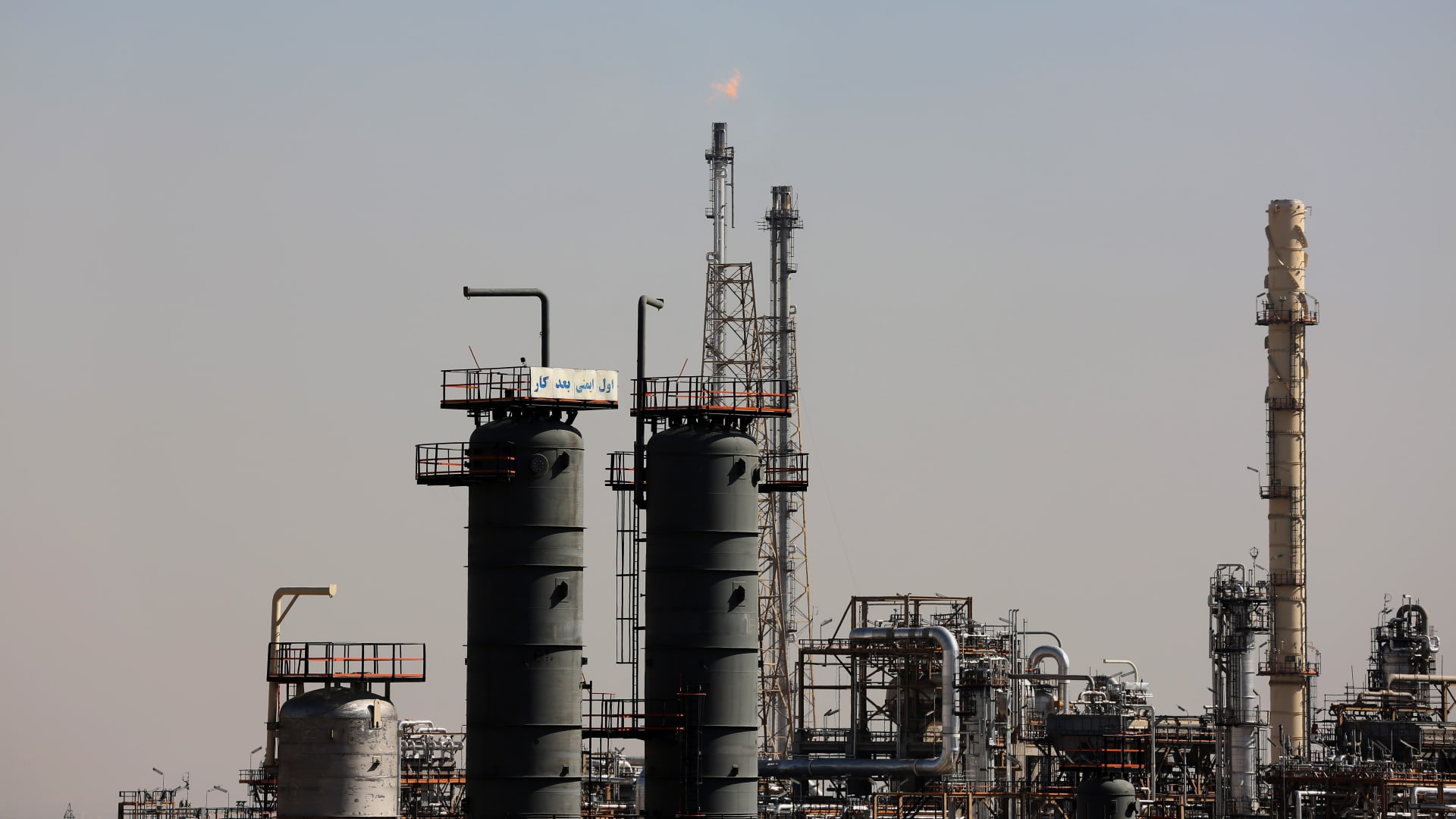The outbreak of a major conflict in the Middle East could trigger an energy shock that pushes oil prices above $100 a barrel, fuels inflation and results in higher interest rates for longer, the World Bank warned Thursday.
Tensions in the Middle East reached a boiling point earlier this month as Israel and OPEC member Iran appeared on the brink of war, raising fears that crude oil supplies could be disrupted as a consequence.
The governments in Jerusalem and Tehran appear to have decided against escalation after exchanging direct strikes on each other’s territory for the first time. Oil prices have pulled back nearly 4% from recent highs as investors have discounted the probability of a wider war in the region.
The World Bank, however, cautioned that the situation remains uncertain.
“The world is at a vulnerable moment: A major energy shock could undermine much of the progress in reducing inflation over the past two years,” said World Bank Chief Economist Indermit Gill.
Oil prices could average $102 per barrel if a conflict involving one or more oil producers in the Middle East results in a supply disruption of 3 million barrels per day, according to the World Bank’s latest commodity markets outlook report. An price shock of this magnitude could stall the fight against inflation almost entirely, according to the report.
Global inflation cooled by 2% between 2022 and 2023 largely due to commodity prices plunging nearly 40%, according to the World Bank. Commodity prices are now plateauing with the global financial institution forecasting modest declines of 3% this year and 4% in 2025.
“Global inflation remains undefeated,” Gill said. “A key force for disinflation — falling commodity prices — has essentially hit a wall. That means interest rates could remain higher than currently expected this year and next.”
While the conflict in the Middle East presents upside pricing risks, the world could see relief if OPEC+ decides to start unwinding its production cuts this year. Oil prices would fall to an average $81 a barrel if the cartel brings 1 million barrels per day back onto the market in the second half of the year, according to the World Bank.
